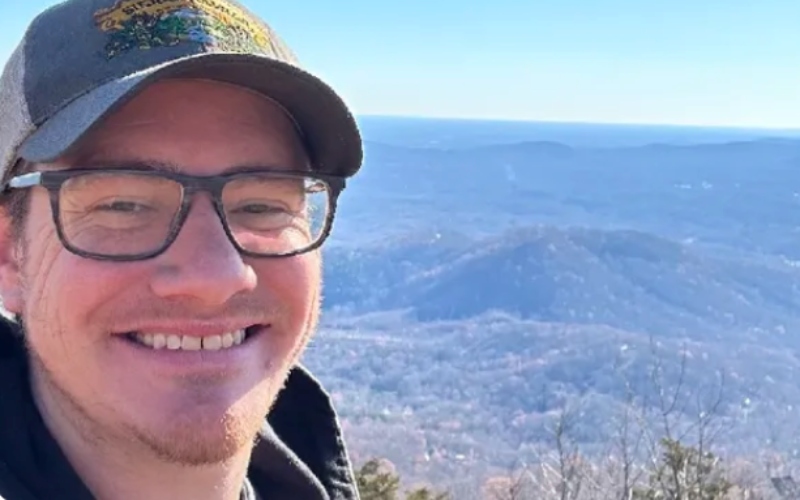Hear the secret chord in “Hallelujah”
Published 12:48 pm Wednesday, September 14, 2022
|
Getting your Trinity Audio player ready...
|
This week at Tryon Theatre, we are exploring the inextricably interwoven life and art of Leonard Cohen in “Hallelujah: Leonard Cohen, a Journey, a Song.” This feature documentary is an adaptation of music journalist Alan Light’s 2012 non-fiction book “The Holy or the Broken: Leonard Cohen, Jeff Buckley & the Unlikely Ascent of ‘Hallelujah,” brought to the screen by the documentary team of Dan Geller and Dana Goldfire.
This film’s title is of course in reference to Cohen’s most well-known and adapted song, a song that so perfectly mirrors the life of its author: an exploration of the sacred, the profanely corporeal, and the tragic exuberance of existence.
Trending
“Hallelujah” is a comprehensive documentary, simultaneously exploring the personal and global impact of both the song and the artist. The film traces Cohen’s influences from the early days of his mother’s singing and his deeply formative time in Montreal at the turn of the 50s, to the height of his fame and the painful triumph to come late in life.
Cohen, a native of Quebec, was born into a deeply religious household, one heavily focused on the tradition and academia of Orthodox Judaism. This daily immersion in a world of religious rhetoric and understanding markedly shaped Cohen’s philosophical and emotional outlooks on the world. While Cohen’s adult life of artistry would ultimately steer him away from the trappings of his religious upbringing, he would remain a committed student of “religion” for life, someone who consumed the wisdom and compassion of any spirituality he could find, all the while staying committed to the traditions of his childhood Judaism. Cohen, this deeply philosophical man of monk-like thought, was also a poet and an artist, and one who found a uniquely effective juncture between his belief and his experience.
Before Cohen became a musician, he initially tried his hand at writing. He was an awarded writer and debater in his academic days, mastering an employ of language in both efficiency and expressiveness. Cohen had hoped to be the next Federico García Lorca (the Spanish poet, international literary figure, and socio-political martyr), but he never found professional or artistic success before pairing his poetic talent with melody.
Trending
While his initial performance as a singer/songwriter was unplanned and almost unfinished, Cohen swiftly soon after secured his niche sound and appeal on the folk scene. His appeal of philosophy, poeticism, and melody struck a chord with a large and diverse audience.
Cohen’s life, and the life of his music, encompass far more than simply his influences. Cohen eventually made a name and mark for himself in history, becoming an influence in his own right. “Hallelujah” expertly showcases Cohen’s arc through life, as both a person and a performer, a philosopher and an artist. For anyone who already knows Leonard Cohen and his art, or anyone newly exposed, “Hallelujah” should prove a rewarding exploration for an articulate, poignant and moving film, paired perfectly with his music.






